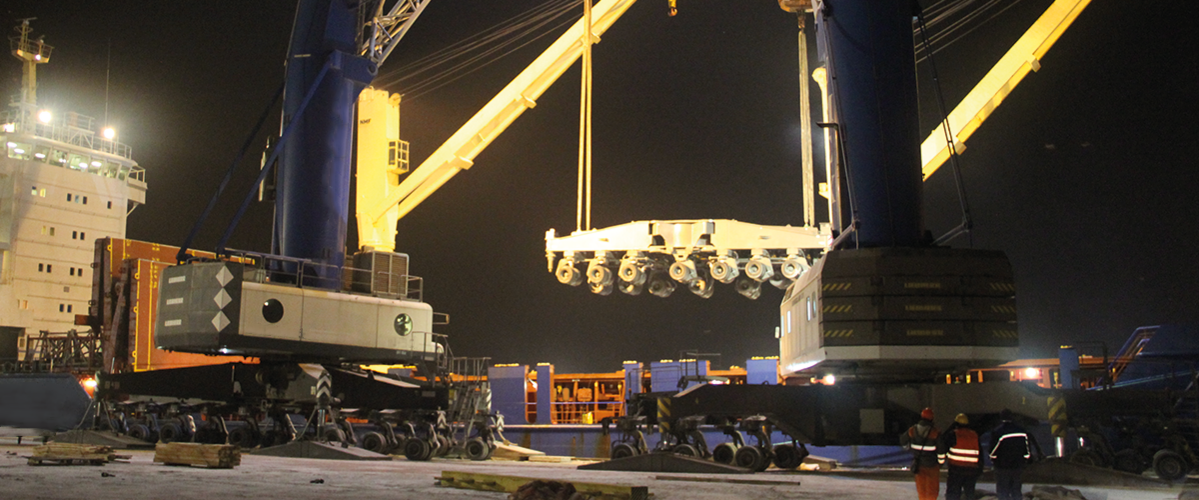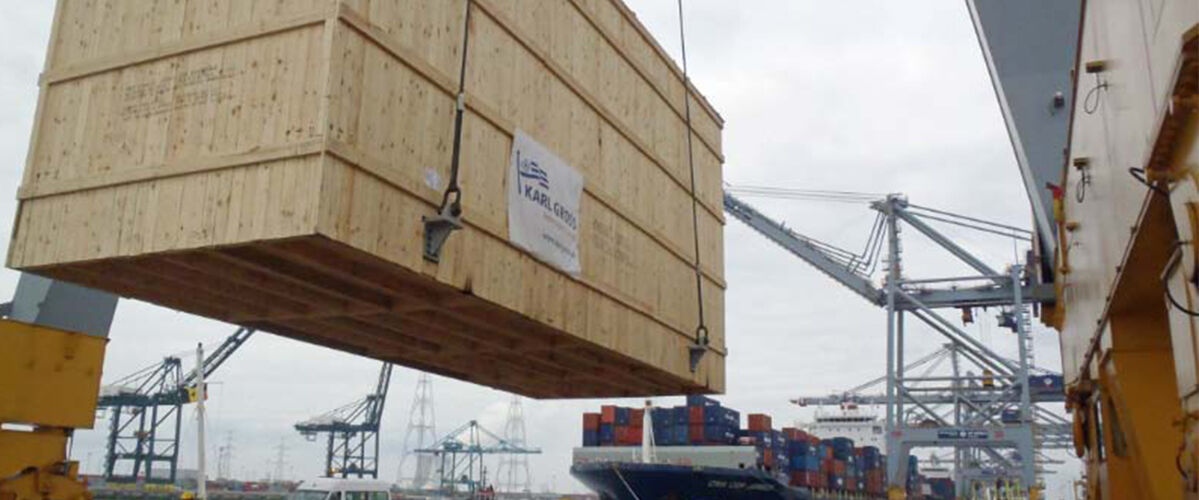When talking about shipments to Turkey, more often than not, transport solutions by truck comes to mind. But shipping via ocean freight may offer some interesting advantages.
Price advantages
Generally, transport solutions via ocean freight shipping are lower priced than transport solutions via truck. Shippers can take advantage of this if there is sufficient time available. Ocean freight shipping takes some days – not weeks – more than land transportation. For example, a transport by truck from Germany to Istanbul, Turkey, generally takes three to four days. The transit time of a container vessel from Antwerp to Istanbul is eight days. For an entire door-to-door transport into the greater Istanbul region we calculate ten to twelve days, pre and on-carriage included.
When shipments consist of more than one container, the price advantage of ocean freight shipping may become quite noticeable.
For goods with lower value, ocean freight shipping is a good way to keep the share of transport costs in the total transaction relatively low.
Stable prices
Compared to road transportation, rates for ocean freight shipping between the ports in Western Europe and Northern Germany and ports in Turkey are rather stable. Of course, the rates can vary but their upward variation is less than in the trucking business. Thus costs for ocean freight shipping are more predictable than costs for truck transportation.
Regular services
Shipping goods generally involves pre-planning. A predictable transport schedule is usually important for this – not only when calculating prices. On tradelane Turkey there are a good number of ocean carriers who offer services via ocean and who – especially container carriers – operate to pre-set and reliable schedules.
Safety of goods
The theft of goods during the transport process is a topic which unfortunately comes up from time to time – for example, when goods are forwarded in curtain trucks. Here is another advantage of ocean freight shipping: in general, the goods are stowed in a container on a vessel. This avoids the risk of goods theft that may happen during a trucker’s rest times.
Heavy and out of gauge shipments
In the EU there is a weight limit of 40 tons for road transports. The limit refers to the total weight of a transport – truck, chassis and others included. This often results in a maximum payload of 22 tons. When forwarding heavy goods like steel and steel products, this limit is easily reached and more often than not, shipments exceed it. With ocean freight shipping, the maximum payloads are generally higher.
Ocean freight shipping of oversize cargo also lowers administration costs when regarding the transport permissions aspect.
There are also advantages when the consignment include goods which do not fit into a container – thus for oversize cargo.
Out-of-gauge goods may not only be forwarded via break bulk vessel. We regularly implement transport solutions for shipping oversize cargo via container vessel, too. Thus, we make availed the benefits of container vessels such as regular and predictable departures and shorter transit times compared to break bulk vessels to shipper’s and consignee’s of out-of-gauge cargo.
Ocean freight shipping of oversize cargo also lowers administration costs when regarding the transport permissions aspect. Permissions for road transportation of oversize cargo are often costly and time-consuming to obtain.
With a good part of the transport distance covered by ocean journey, permissions for road transportation often need to be obtained for the pre-carriage – transport from the place of loading to the port of loading – and the on-carriage – from the port of discharge to the place of delivery. For covering the entire transport distance by truck, permissions also need to be obtained for the transit countries.






